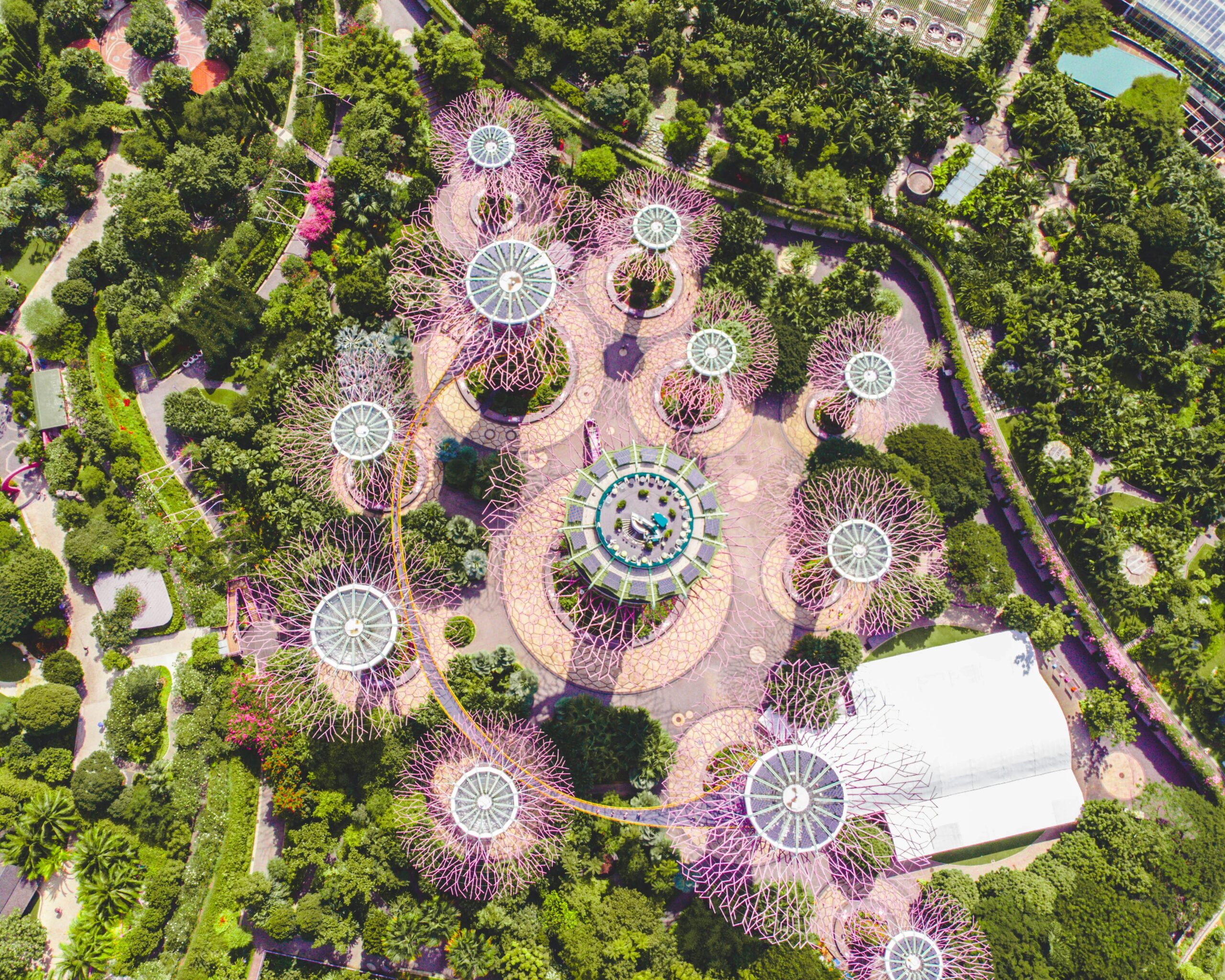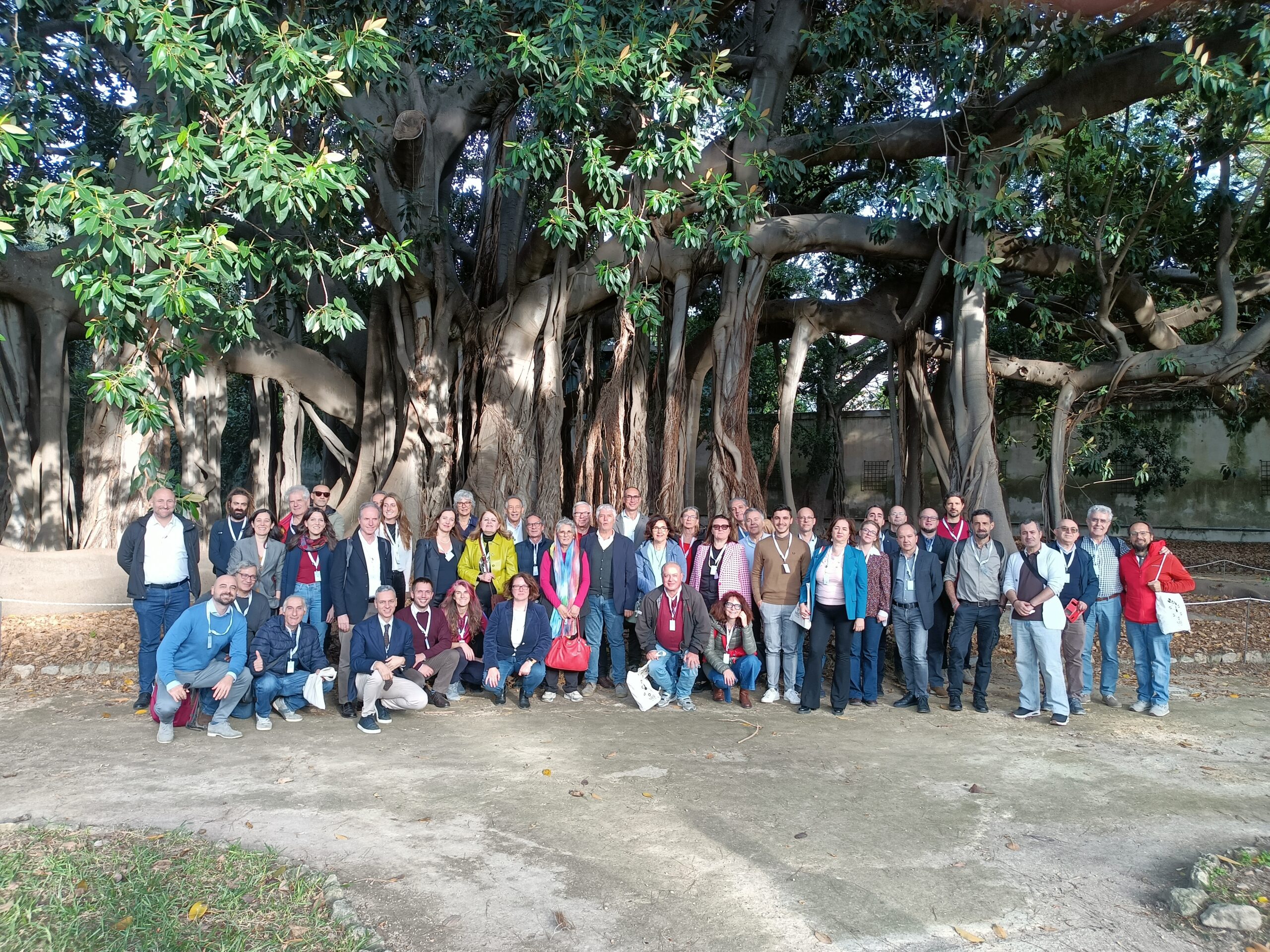
Manifesto
Manifesto of the Nature-based Solutions Italy Hub (NbS Italy Hub)
We, supporters of Nature-based Solutions (NbS) and a new vision of urban and territorial development, wholeheartedly participate in the establishment of the Nature-based Solutions Italy Hub (NbS Italy Hub). Our mission is to promote the conservation of natural areas and the restoration of degraded ecosystems through NbS capable of transforming Italian cities into urban environments integrated with nature and biodiversity, with the aim of promoting the well-being of humanity and the planet.
The definition of NbS to which we refer is the one coined during the Fifth Session of the United Nations Environmental Assembly (UNEA-5.2) in March 2022 and is in line with that adopted by the European Commission. This definition, agreed upon at the multilateral level, recognizes the fundamental role of NbS in the global response to climate change and its social, economic, and environmental impacts. According to the resolution, NbS is described as: “actions aimed at protecting, conserving, restoring, sustainably using, and managing natural or modified terrestrial, freshwater, coastal, and marine ecosystems that effectively and adaptively address social, economic, and environmental challenges while simultaneously ensuring human well-being, ecosystem services, resilience, and biodiversity benefits.”
The main objective is to implement Nature-based Solutions (NbS) in civil and administrative practices, permeating local and national legislation and identifying them as necessary to achieve a just and sustainable transformation of society, no longer delayable in the current climate scenarios. This need has also been emphasized in the Kunming-Montreal Agreement for Biodiversity Conservation (Kunming-Montreal GBC, 2022). The Hub will support the standardization process required to achieve this goal. The vision of the NbS Italy Hub is that this is achieved through cooperation between the research community, the private sector, local administrations, and the population, in a process of integration with a fourfold helix approach, with full participation of all components of society.
Valuing the ecosystem services of NbS in human-altered terrestrial and marine areas: In our vision of the future, NbS become effective tools for achieving the Sustainable Development Goals (SDGs) at the local, national, and global levels. We promote the multiple benefits they offer, from improving environmental quality to increasing food security, ensuring an abundant supply of high-quality water, and conserving biodiversity, all the way to mitigating climate change and reducing air pollution. These benefits must be estimated using validated scientific methodologies so that the value of NbS is recognized at the socio-political and economic levels, nationally and internationally, and serves as a prerequisite for defining replicable models and effective management strategies.
Integrated planning, design, management, and use of green spaces: We support a targeted and multidisciplinary approach to the planning, design, creation, management, maintenance, monitoring, and use of green spaces. As with major urban infrastructure, we believe that green spaces should be considered and managed systematically. The integration of urban and peri-urban forests, parks, tree-lined streets, private gardens, and public spaces, as well as water bodies, will create an urban ecosystem capable of promoting functional, resilient, and continually evolving biodiversity in a more sustainable and harmonious manner.
Green spaces as strategic landscape components: We consider green spaces as strategic components of the urban landscape, fostering harmonious relationships between cities and interconnected peri-urban and rural areas. Recognizing their ability to act as effective living systems that enhance human health and well-being and provide contexts for promoting new ecosystem dynamics, generating ecological niches, and promoting the regeneration of natural and cultural resources. We also believe that green areas are contexts for community cohesion and strategic areas where environmental justice and the preservation of natural and cultural heritage are fundamental pillars of urban sustainability.
We strongly support the recently approved -July 2023- “Nature Restoration Law,” which aims to restore 20% of degraded ecosystems by 2030, recognizing their central role in promoting cities and human-altered environments with greater biodiversity through nature- based solutions. The Environmental Restoration Law is fully aligned with our mission, as it focuses on the recovery of all ecosystems, including urban ones, integrating nature as essential infrastructure in both urban and peri-urban and rural areas. We offer our full support for the emphasis placed by the Restoration Law on community engagement, environmental education, and the promotion of shared responsibility for the sustainable management of regenerated green spaces.
Through the establishment of NbS Italy Hub, we are firmly committed to conserving and restoring biodiversity and environmental resources according to European strategies, promoting urban regeneration and sustainable development, with a strong focus on the well-being of humanity and the environment. The actions mentioned aim at a future where human-inhabited spaces thrive in harmony with nature, emerging as examples of resilience, biodiversity, and community well-being. Through our collective efforts, we aim to lead the ecological transition of Italian cities into sustainable places, permeated by an increasing presence of the natural element, and to inspire an innovative concept of urban planning and sustainable development on an international level.
The Hub envisions developing an organizational structure capable of attracting public and private funding, with the goal of establishing specific funds for the activities of the Hub. Italy has the task of incorporating the concept of NbS into national policies, in line with the European Commission’s guidelines, in order to restore and protect the unique biodiversity-rich ecosystems that characterize the Italian territory, still a European hotspot for biodiversity.

Partners and representatives
Coordinator
| National Research Council – CNR IRET | Carlo Calfapietra, Chiara Catalano, Gregorio Sgrigna, Paolo Sconocchia |
Founding Partners
| University of Tuscia | Chiara Baldacchini |
| University of Bologna | Silvana Di Sabatino, Laura Sandra Leo |
| University of Turin | Luca Battisti, Federica Larcher |
| University of Naples Federico II | Francesco De Paola, Francesco Pugliese |
| University of Bari | Raffaele Lafortezza, Giovanni Sanesi |
| University of Padua | Catherine Dezio, Francesco Pirotti |
| University of Florence | Roberto Bologna, Giulio Hasanaj |
| University of Pisa | Fabio Bulleri |
| Politecnico di Milano | Eugenio Morello, Maria Chiara Pastore |
| Politecnico di Torino | Silvia Barbero, Fulvio Boano |
| Metropolitan City of Milan | Cinzia Davoli, Emilio De Vita |
| Metropolitan City of Turin | Claudio Coffano |
| Metropolitan City of Bologna | Marino Cavallo |
| Municipality of Turin | Riccardo Saraco, Alessandra Aires |
| Municipality of Palermo | Elenia Drago, Giuseppina Liuzzo |
| Municipality of Siena | Marcello Sacco, Iuri Bruni |
New Partners 2024
| Eurac Research | Stephan Ortner, Rocco Pace |
| Po River Basin Authority | Alessandro Bratti, Fernanda Moroni, Paola Gallani |
New Partners 2025
| University of Trento | Davide Geneletti |
| Università Bocconi | Edoardo Croci, Benedetta Lucchitta |
| LINKS Foundation | Stefano Buscaglia, Giulia Melis |
| Euro-Mediterranean Center on Climate Change Foundation | Elisa Furlan |
| National Council of Agrarian Experts and Graduated Agrarian Experts | Angelo Arpano, Sophia Mercuri |
| ARPA Umbria | Alfonso Morelli, Andrea Sconocchia |
| Municipality of Acerra (NA) |



 Italiano
Italiano





